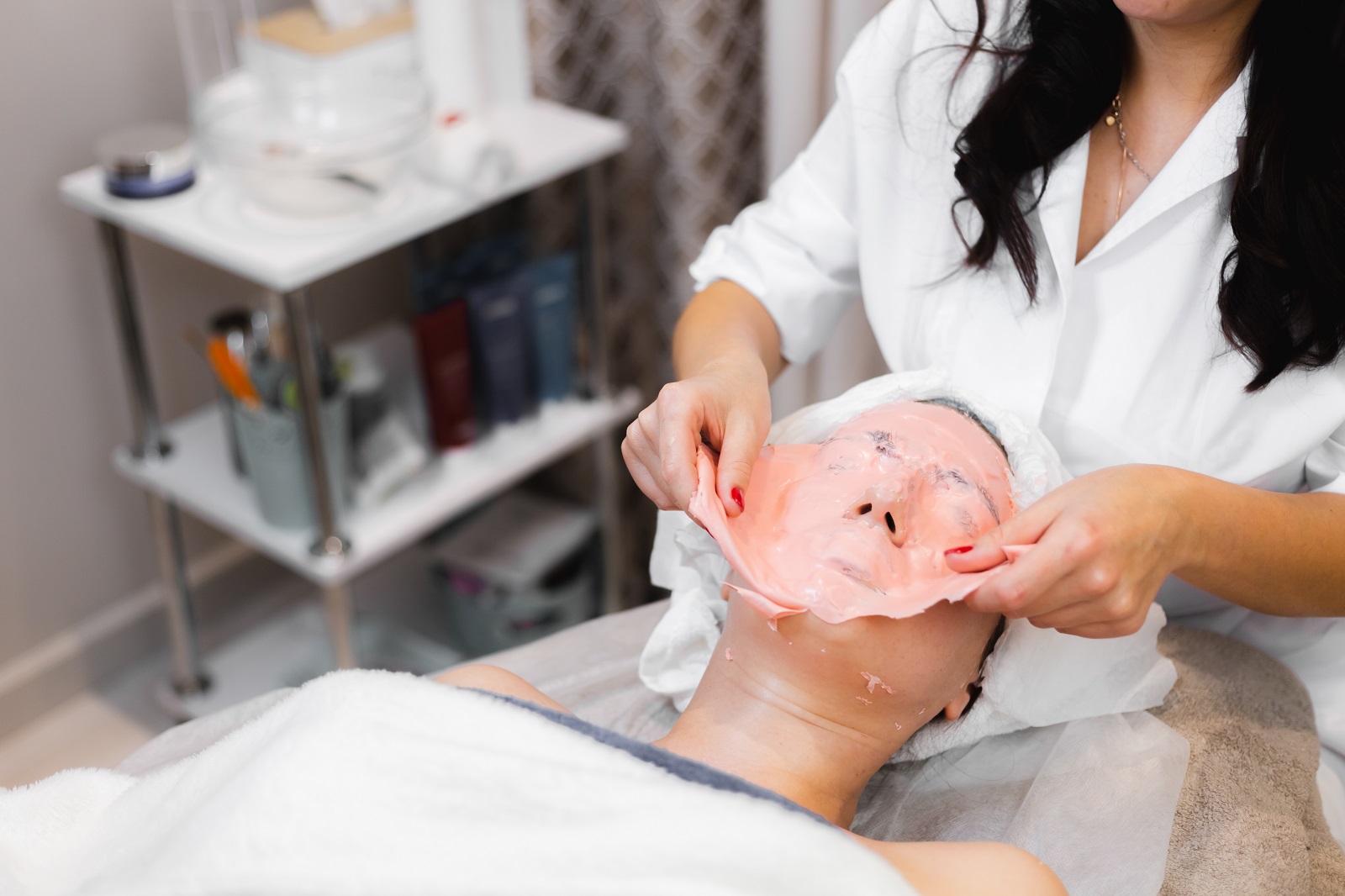Introduction
Chemical peels are a great way to improve the appearance of your skin. They can help reduce signs of aging such as fine lines and wrinkles, sun damage, and hyperpigmentation. Chemical peels have been used for years because they are effective, safe and relatively inexpensive compared to other treatments like lasers or fillers.
Improve the appearance of the skin.
Chemical peels are a type of skin treatment that removes the outermost layer of the skin. They can be used to treat acne, wrinkles and blemishes, sun damage and scarring. Chemical peels are also used for many other conditions including age spots (lentigines), freckles (ephelides) and melasma (chloasma).
What is a chemical peel?
A chemical peel is a cosmetic procedure that involves applying a chemical solution to the skin. This can be done professionally in a doctor’s office or spa, or at home with over-the-counter products.
The purpose of a chemical peel is to improve the appearance of your skin by removing dead cells and revealing newer, healthier ones underneath. It can treat fine lines, wrinkles and acne scars; it can also help improve hyperpigmentation caused by sun damage or melasma (a condition where brown patches develop on the face).
Who is a good candidate for a chemical peel?
Chemical peels are a great option for people with dry, oily and acne-prone skin. They can help to improve the appearance of scars and reduce the signs of aging such as fine lines and wrinkles. Chemical peels are one of the most popular non-invasive procedures available today because they’re effective at improving the overall look of your skin in just one treatment session.
What can you expect from a chemical peel?
A chemical peel removes the top layer of skin, leaving behind new, fresh, and smooth skin. Chemical peels can improve the appearance of fine lines and wrinkles, acne scars and sun damage. They are often used to treat pigmentation problems such as age spots or melasma (chloasma).
While some people think that they can do a chemical peel at home with products they purchased at their local drugstore or over-the-counter skincare products that contain glycolic acid (AHA), which is found in many anti-aging creams; these methods may cause irritation to sensitive skin types and should be avoided by those who have never had any type of facial treatment before.
What kind of results can I expect from a chemical peel?
The results you can expect from a chemical peel will vary depending on the type of peel, but they all have one thing in common: they will leave your skin brighter and more even-toned. Chemical peels can also reduce fine lines and wrinkles, making them ideal for anyone who wants to keep their youthful glow without having to resort to surgical procedures.
In addition to these benefits, chemical peels can help with acne scarring or hyperpigmentation (dark spots). Some people find that their psoriasis clears up after receiving a light-to-moderate chemical peel as well!
How many treatments will I need?
The number of treatments you will need depends on the severity of your condition. Some people may only need one treatment, while others may require several. It’s best to discuss this with your doctor before beginning a chemical peel regimen.
How should I prepare for my treatment?
Before your treatment, you will want to avoid sun exposure for a few days before and after treatment. You should also avoid makeup for a few days before and after treatment. If you are planning on waxing or threading, please do so at least 7 days prior to chemical peels.
If you have had laser treatments in the past 2 months, we recommend waiting 6 weeks before having a chemical peel done at our office.
Chemical peels are an effective way to improve the appearance of your skin
Chemical peels are a safe and effective way to improve the appearance of your skin. They can be used to treat a wide range of skin conditions including acne, wrinkles, sun damage, and pigmentation.
There are two main types of chemical peel: superficial and deep. Superficial peels remove only the outermost layers of skin cells while leaving deeper layers intact – this makes them ideal for treating milder conditions such as fine lines or wrinkles (but not great for severe scarring). Deep peels remove more than just an outer layer but do not penetrate as far down into your dermis as laser treatments do – this makes them ideal for treating deeper scars like stretch marks or surgical wounds (but not great for treating pimples).
Conclusion
If you’re looking to improve the appearance of your skin, chemical peels may be the right choice for you. They are a safe and effective way to help give your skin a more youthful appearance. Chemical peels can also help address fine lines and acne scars by removing damaged layers of skin cells from the surface layer of your face or neck area. The best part about this treatment is that there are many different types available depending on what type of results you want from it!
